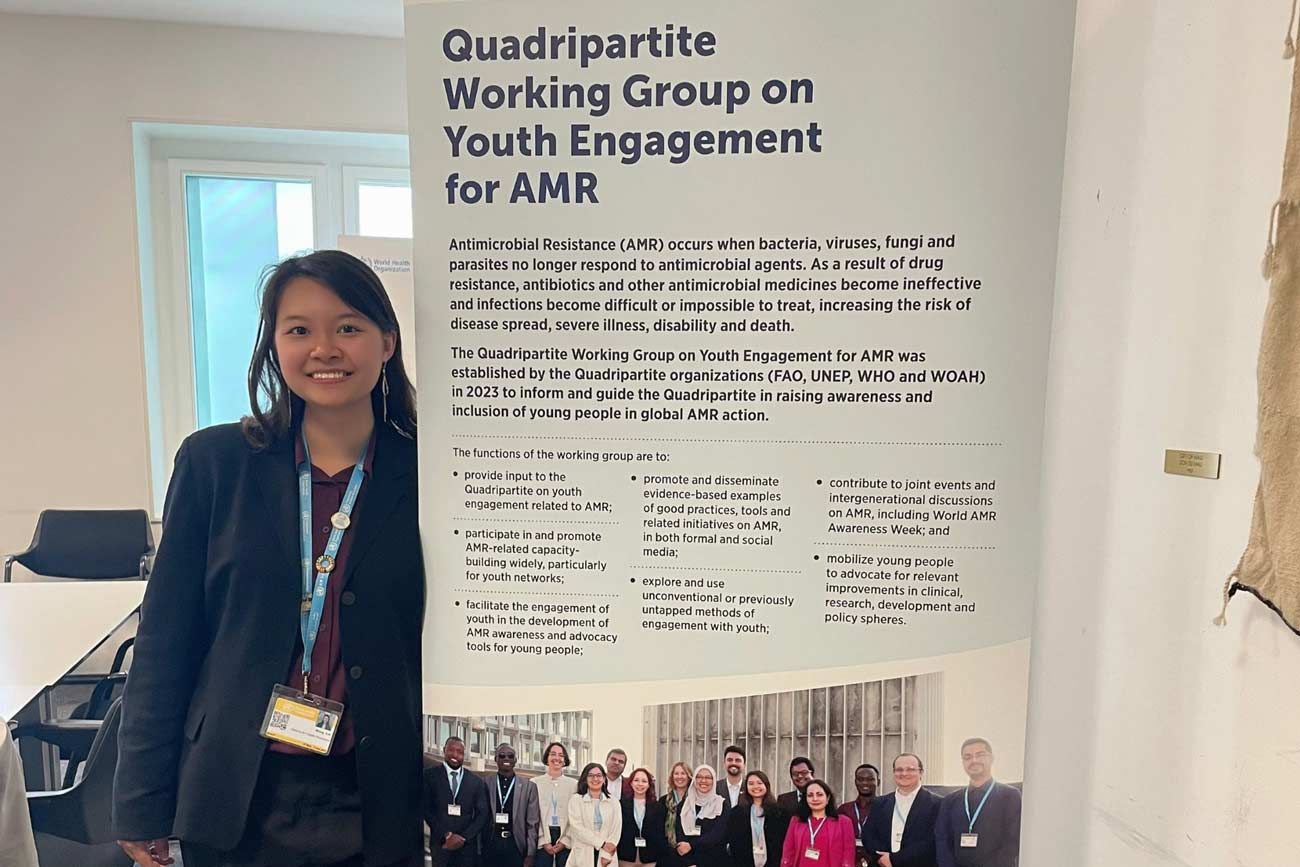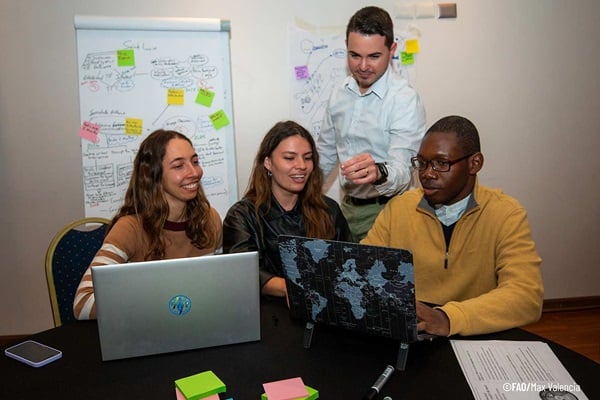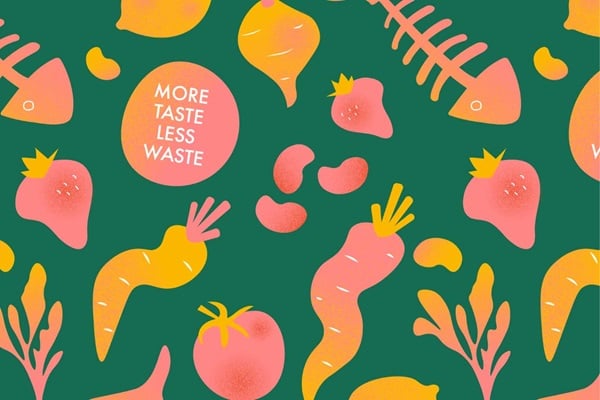Youth Manifesto for AMR: A Pivotal Moment for Youth Engagement

The launch event for the Youth Manifesto held in conjunction with the United Nations General Assembly (UNGA) High-Level Meeting on Antimicrobial Resistance (AMR) was a resounding success. The event aimed to promote the manifesto and explore collaboration opportunities in the global effort to engage young people in the fight against antimicrobial resistance.
AMR is a critical global health issue, linked to approximately 4.95 million deaths annually, according to the World Health Organization (WHO). AMR also imposes a substantial economic burden, potentially costing the world USD 412 billion in additional healthcare expenses and USD 443 billion per year in lost workforce productivity. It affects humans, animals and plants, needing a more comprehensive one-health approach. This approach emphasizes the interconnectedness of human, animal and environmental health, highlighting the need for multidisciplinary collaboration.
The event commenced with the opening remarks from Werner H Obermeyer, Director of the World Health Organization (WHO) Office at the United Nations and H.E. François Jackman, Permanent Representative of Barbados to the UN. Both speakers emphasized the crucial role of youth in addressing AMR and the need for their active participation in awareness raising and advocacy efforts.
The event featured an engaging panel discussion moderated by Audrey Wong, Chair of the Working Group on Youth Engagement for AMR and WFF Youth Policy Board member. She conveyed the key points of the Youth Manifesto, highlighting four main areas: advocacy and engagement, education and capacity building, patient care and addressing AMR with a one-health approach. She urged stakeholders to empower youth by providing platforms for collaboration, such as hackathons, to ensure inclusiveness and diversity. Audrey also highlighted the need for equitable access to high-quality healthcare with a strong focus on AMR prevention through vaccination and WASH (access to Water, Sanitation and Hygine) measures.
Insightful contributions were made by the experts from the Quadripartite Working Group on Youth Engagement for AMR stressing the role of youth in AMR awareness and advocacy.
Panellist, Rhema Hooper, from the College of Health at Leigh University, highlighted the importance of integrating AMR education into primary and secondary school curricula. She noted that practical activities and conversations about food at the family table are effective entry points for raising awareness in local communities. Rhema also emphasized the need for educational materials to spread within youth networks. Nahason Gicheru, a Public Health Specialist from Kenya, stressed the necessity of youth-driven activities and advocacy at the community level. He pointed out that AMR poses a significant threat to future employment opportunities for young people and called for increased advocacy on new platforms to enhance coordination and innovation. Moreover, the Liaison Officer for Public Health Issues at the International Federation of Medical Students' Associations (IFMSA), Salman Khan, shared the success of the AMR Youth Summit, which has grown tremendously over the past four years. He underscored the interconnections between AMR, other health issues and climate change, advocating for youth to translate available data into actions. Spaces like the QPT Working Group promote inter-organizational learning, helping us grow together. Finally, Mayowa Sodiq Akinpelu, Chair of the African Youth AMR Alliance Task Force, addressed the strategic importance of including youth in AMR decision-making. With more than 70 percent of its population accounting for youth, the continent can provide solutions and extend youth-led platforms to regional and local levels. However, Mayowa emphasized that this can only be achieved with political and collective support.
The agenda of the launch of the Youth Manifesto was to underscore the untapped potential of youth in creating awareness and advocating for AMR. The implementation of one-health approach through a multidisciplinary collaboration is the need of the hour. The panelists rightly highlighted the importance of practical education; beginning at home, community engagement and strategic inclusion of youth in policymaking.
The collaboration with the Quadripartite Working Group on Youth Engagement for AMR was seen as a valuable platform for innovation and coordination. As young leaders continue to advocate for change, their collective efforts will be instrumental in shaping a healthier, more sustainable future.
AMR can affect anyone, anywhere, anytime. To achieve health for all, we need everyone to join this fight against AMR today.



